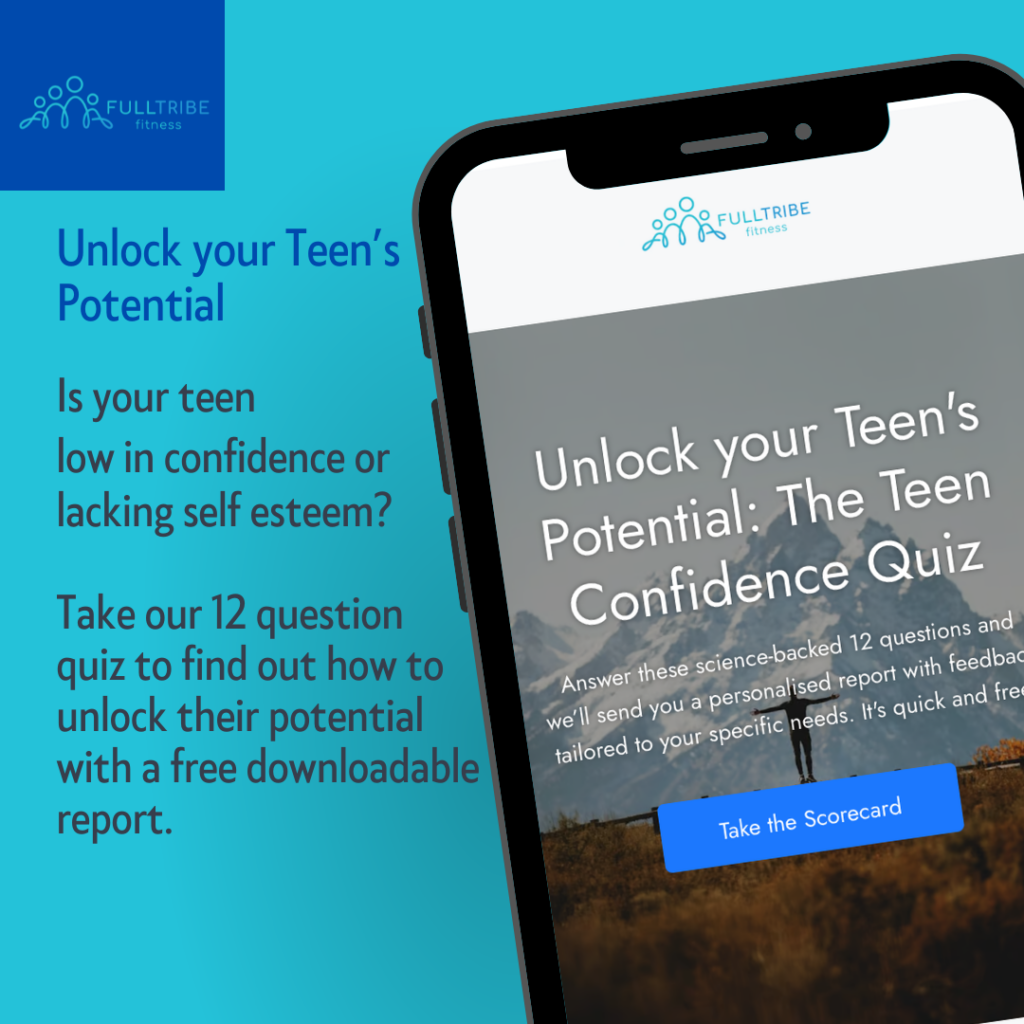Empowering Teenage Communication: Mastering Effective Skills
Communication is a vital skill that helps teens navigate relationships, school, and future careers. It is the foundation for building strong connections with others and expressing oneself effectively. Empowering teens to communicate effectively can boost their confidence and help them succeed in all areas of life.
Effective communication allows teens to express their thoughts, feelings, and ideas clearly and confidently. It helps them build stronger relationships with their peers, teachers, and family members. In school, effective communication is essential for participating in class discussions, presenting ideas, and collaborating with others. In future careers, strong communication skills are highly valued by employers as it enables individuals to work well in teams, resolve conflicts, and convey information accurately.
Is your teen lacking confidence and self-esteem? Find out with this 2 minute quiz
Motivation: Encouraging Teens to Communicate Effectively
Encouraging teens to speak up and share their thoughts and feelings is crucial for their personal growth and development. Many teenagers may feel hesitant or unsure about expressing themselves due to fear of judgment or rejection. As parents, teachers, or mentors, it is important to create a safe and supportive environment where teens feel comfortable expressing themselves.
One way to motivate teens to communicate effectively is by helping them understand the benefits of doing so. Explain to them that effective communication can lead to stronger relationships, better academic performance, and increased opportunities in the future. Encourage them to set goals for themselves in terms of improving their communication skills and celebrate their achievements along the way.
Healthy Habits: Building a Foundation for Effective Communication
In order to communicate effectively, teens need to have a strong foundation of healthy habits. Encourage them to prioritize self-care by getting enough sleep, eating nutritious meals, and engaging in regular exercise. When teens are well-rested and physically healthy, they are more likely to have the energy and focus needed for effective communication.
Teach teens how to manage stress and anxiety, as these can hinder effective communication. Encourage them to practice relaxation techniques, such as deep breathing or mindfulness, to help calm their minds and reduce anxiety. Additionally, teach them the importance of taking breaks and engaging in activities they enjoy to help alleviate stress.
Resilience: Overcoming Communication Challenges
| Communication Challenge | Impact on Resilience | Possible Solutions |
|---|---|---|
| Lack of Clarity | Decreases resilience as it leads to misunderstandings and mistakes | Use clear and concise language, ask for clarification, repeat important points |
| Language Barriers | Can hinder communication and lead to frustration and isolation | Use translation services, learn key phrases in different languages, use visual aids |
| Technological Issues | Can disrupt communication and cause delays or misunderstandings | Test technology beforehand, have backup plans, communicate through multiple channels |
| Cultural Differences | Can lead to misunderstandings and conflict | Learn about different cultures, be respectful and open-minded, ask questions and seek clarification |
Communication challenges are inevitable, and it is important for teens to develop resilience in order to overcome them. Help teens understand that communication is a skill that takes practice and that making mistakes is a normal part of the learning process. Encourage them to learn from their mistakes and keep practicing their communication skills.
Teach teens how to bounce back from communication challenges, such as misunderstandings or conflicts. Help them develop problem-solving skills and encourage them to approach difficult conversations with an open mind and a willingness to find a resolution. By teaching teens resilience, they will be better equipped to handle communication challenges and grow from them.
Purposeful Communication: Understanding the Importance of Intent
Teaching teens to communicate with purpose and intention is essential for effective communication. Help them understand that their words and actions have an impact on others, and that being mindful of this impact can lead to more positive interactions. Encourage them to think before they speak and consider how their words may be received by others.
Teach teens the importance of expressing themselves clearly and concisely. Encourage them to use specific language and avoid vague or ambiguous statements. Help them understand that effective communication involves not only expressing oneself but also actively listening to others.
Active Listening: The Key to Effective Communication
Active listening is a crucial component of effective communication. Teach teens the importance of paying attention to the speaker and responding appropriately. Encourage them to maintain eye contact, nod or provide verbal cues to show that they are engaged in the conversation.
Help teens develop active listening skills by teaching them how to ask questions and seek clarification when needed. This can help avoid misunderstandings and ensure that both parties are on the same page. Encourage them to practice empathy and try to understand the speaker’s perspective.
Non-Verbal Communication: Understanding Body Language
Non-verbal communication plays a significant role in effective communication. Help teens understand the importance of non-verbal cues, such as facial expressions, body language, and tone of voice. Teach them how to read and interpret these cues to better understand others.
Encourage teens to be aware of their own non-verbal communication and how it may be perceived by others. Help them understand that their body language can convey messages that may contradict their words. By being mindful of their non-verbal cues, teens can ensure that their communication is consistent and clear.
Conflict Resolution: Navigating Difficult Conversations
Difficult conversations and conflicts are a part of life, and it is important for teens to learn how to navigate them effectively. Teach teens how to approach difficult conversations with an open mind and a willingness to find a resolution. Encourage them to listen actively to the other person’s perspective and try to find common ground.
Help teens develop problem-solving skills by teaching them strategies for resolving conflicts. Encourage them to express their needs and boundaries assertively while also considering the needs of others. By teaching teens how to navigate difficult conversations, they will be better equipped to handle conflicts in a healthy and constructive manner.
Assertiveness: Finding the Balance Between Passive and Aggressive Communication
Finding the balance between passive and aggressive communication is essential for effective communication. Help teens understand that assertiveness involves expressing oneself in a respectful and confident manner. Encourage them to express their needs, opinions, and boundaries while also considering the needs of others.
Teach teens how to use “I” statements to express themselves assertively. For example, instead of saying “You never listen to me,” they can say “I feel unheard when I don’t feel like you’re listening.” By using “I” statements, teens can express their feelings and needs without blaming or attacking others.
Empowering Teens to Communicate with Confidence and Clarity
Effective communication is a vital skill that can help teens succeed in all areas of life. By teaching them healthy habits, resilience, purposeful communication, active listening, non-verbal communication, conflict resolution, and assertiveness, we can empower them to communicate with confidence and clarity.
As parents, teachers, or mentors, it is our responsibility to provide teens with the tools and support they need to develop strong communication skills. By creating a safe and supportive environment, encouraging them to express themselves, and teaching them the necessary skills, we can empower teens to communicate effectively and navigate the challenges of adolescence and beyond.
If you’re a teenager looking to improve your communication skills, you might find this article on effective communication principles in relationships helpful. It explores the three key principles that contribute to healthy and successful relationships. From active listening to expressing emotions, these principles can be applied not only in romantic relationships but also in friendships and family dynamics. Check out the article here for practical tips and insights on how to enhance your communication skills as a teenager. And while you’re at it, don’t forget to explore other interesting articles on their blog here and their take on the modern family here. Not to forget, there are other resources out there that may benefit you too.









